“We have been sold this myth for a very long time that unions have to be for blue collar workers in an industrial setting in the early 1900s,” Autumn Mitchell tells me. “The very simple definition of a union is just you and your co-workers coming together and forming a collective body. You can do that anywhere.”
A QA tester with Zenimax currently on union leave, Mitchell joined the Communication Workers Of America (CWA) as a full-time organiser after she and her colleagues formed what was, at the time, the biggest union in videogames - ZeniMax Workers United. Now she helps the CWA do what they did for her and her colleagues at Zenimax: provide support, training, resources and guidance for workers in the videogame industry who have decided, for whatever reason, that they want to unionise.
In a single week back in July I’ve colloquially referred to since as “good food week”, we saw wall-to-wall (multi-disciplinary) unions formed at both Bethesda Game Studios and Blizzard. Covering the news for RPS, I found myself writing “with the help of the CWA” a lot without fully understanding exactly what that meant. I reached out to Mitchell, who was gracious enough to spend time explaining the process to me. My aim here, then, is to put together a bit of a chaser to Polygon’s excellent all-in-one explainer on games unions, covering exactly what a union working with CWA and CODE-CWA (Campaign to Organise Digital Employees) entails.
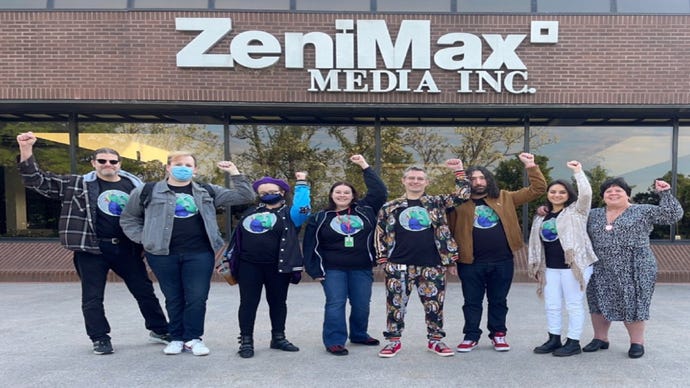 ZeniMax Workers United celebrate their first day of bargaining. | Image credit: ZeniMax Workers United
ZeniMax Workers United celebrate their first day of bargaining. | Image credit: ZeniMax Workers United
“In the case of video game workers in particular, the choice to form a union with the help of the CWA is just based in their experience. That was certainly the case for us,” Mitchell says. Once she and her colleagues had discussed unionising and felt they were ready to take the next steps, they put in an inquiry with the CWA, which went to the CODE CWA’s organiser Emma Kinema. Now, doing that organising is Mitchell’s role. So what exactly does it entail?
“From an organiser standpoint, you're asking folks about their workplace. You want to get to know a little bit about them, but it’s also important to understand the issues impacting them. Why is it that they want a union? It could be ‘I want a union because I'm actually really happy with how things are, and I don't want those things to change’. It could be: ‘I'm really not happy with how things are, and I really want them to change’. It could be a combination.”
“You try to get a landscape of the workplace. From an organising standpoint, you’re trying to understand the culture that you’re dealing with - the organisational structure. Like, who’s who’s boss is really important to know. Which teams integrate with which teams and work with them more or less frequently? Which teams are maybe siloed from each other?”
Mitchell gives her own QA department at Zenimax as an example. “We have a handful of basically embedded testers, meaning they work very specifically with Bethesda Game Studio. And there's really only a dozen of them, so all of the rest of the QA that we have is either working with Zenimax Online Studios ID or publishing QA.” It was a unique scenario, says Mitchell, since different people were reporting to different bosses. Understanding this sort of thing is crucial. “It could change the shape of what a union looks like.”
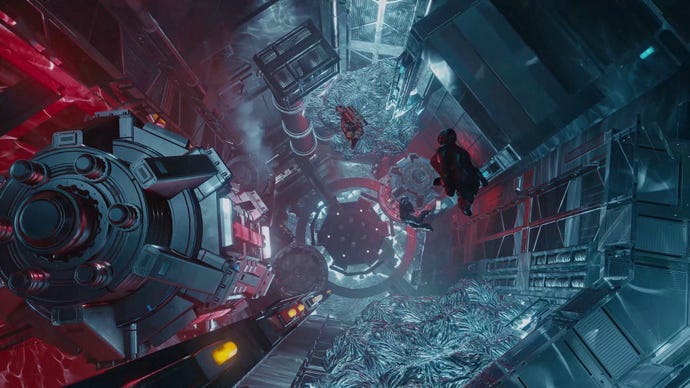 241 staffers for Bethesda Game Studios formed a wall-to-wall union this July. | Image credit: Bethesda Softworks
241 staffers for Bethesda Game Studios formed a wall-to-wall union this July. | Image credit: Bethesda Softworks
Also crucial, until a union eventually goes public, is confidentiality - another area where CWA organisers like Mitchell provide guidance. “You don't necessarily want to tip off folks who might be coworkers, who are anti-union, who might scare or deflate the excitement of the idea of forming a union. You want people to be able to be educated and supported and feeling really confident in the process, before somebody comes in and potentially scares them away from doing the work to make it possible.”
Part of the importance of having conversations with your co-workers on a one-on-one basis, says Mitchell, is building trust. It’s one of the reasons the CWA advise against the use of mass messaging platforms like Discord. “I grew up in the era of chat rooms, and I don't ever remember feeling very well supported in a chat room. It’s about building strength between you, knocking down those virtual barriers and rebuilding community.”
"It’s about building strength between you, knocking down those virtual barriers and rebuilding community.”“You don’t want to be a co-worker, going up to other co-workers and being like: ‘Hi, would you like to form a union’. What you want to do is to get to know your coworkers again. You want to rebuild the community at work. You want to figure out what kinds of issues move them if they've been having problems at work. You want to be taking notes on that and trying to get creative in how a union can solve those problems.”
To help prospective unions take the next steps in channelling this energy into action, the CWA offers two online classes. “It teaches you the fundamentals of your rights. It's basically taking three days of training and pushing it into four hours. It teaches you the stages of how you get to a successful union - the types of campaign organising there are for unions, and then also how to talk about all this stuff.”
Throughout all this, that confidentiality remains crucial. “We're working against some pretty massive corporations,” says Mitchell. “The imbalance of power is very obvious. So you try to organise in secret so that people can't be totally derailed from exercising their rights before they even have a chance to understand those rights.”
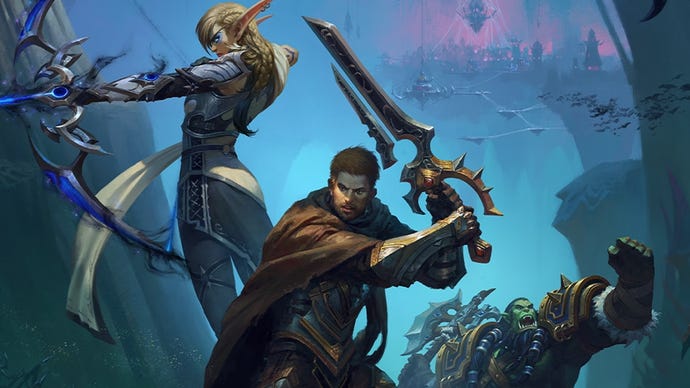 500 World Of Warcraft developers formed a union the same week as Bethesda. | Image credit: Blizzard
500 World Of Warcraft developers formed a union the same week as Bethesda. | Image credit: Blizzard
Let’s say, says Mitchell, a prospective union is gearing up to go public - they’re on track for a 70% majority in three weeks time. It’s around this time the CODE-CWA would help them start the official process. “You’re telling them, okay, we’re going to go public. We're going to go to the company and we're going to ask to be voluntarily recognized as a union. If they don't voluntarily recognize you as a union, we're gonna go apply for certification with the National Labor Relations Board. At this stage, you're sort of prepping for an anti-union campaign.”
Those anti-union campaigns can take different forms. “It’s honey and vinegar,” says Mitchell. “The honey is like ‘we’re a family. You don’t ever have to have a union to come and talk to me’. Really sad and sappy. Taking it very personally.”
The vinegar side, on the other hand, is warnings like “having a union means you're going to lose all your individuality. You're not going to be able to accomplish anything on your own anymore. Your wages are going to be impacted negatively. And it's just lies - a whole bunch of horrific venomous lies. One day it's pizza parties. The next day it's ‘you're all going to get laid off’. It’s like being in a toxic relationship.”
Another tactic, says Mitchell, can involve the company just giving workers raises. “Everyone goes ‘oh, so they are listening! Oh, okay. We don’t need a union. That can work!”
I have to ask, then, what Mitchell would say to someone in this situation - offered a very tangible wage increase in a time of extreme economic uncertainly and rising cost of living?
“I would tell them to take the wage increase and to keep organising. Because the reality is, the whole reason they would even give you the wage increase was because you got organised - so stay organised. You know, you haven't even formed a union yet. You haven't even certified. Imagine what you can accomplish as a union. It's an indicator that they're trying to take some control back.”
This kind of pushback isn’t always the case though - it’s possible for the CWA to bargain union neutrality in certain cases. “The Microsoft subsidiary campaigns are a great example,” says Mitchell, referencing the World Of Warcraft and Bethesda Game Studios campaigns mentioned above. “In those campaigns, we’re not facing anti-union rhetoric from the company.”
“We're working against some pretty massive corporations. The imbalance of power is very obvious."It’s worth pointing out here that the CWA aren’t the only the option for workers. Since labour laws differ between countries, the CWA’s work only covers North America. Here in the UK, there’s organisations like the IGWB game workers, and Game Workers Unite offer support and guidance to workers across the globe, with multiple international chapters. Some unions might even choose to go independent. Mitchell mentioned the CWA's experience earlier, so what does that mean in practical terms for a prospective union?
The CWA, says Mitchell, are historically made up of tech workers across the spectrum. Phone companies, cable companies, call center and customer service workers. “They've been watching and growing and enduring sort of the technological boom that you see in those industries, and watching how technology has impacted these sectors is such a huge boon for us. In games and tech, technology is obviously what’s impacting the work.”
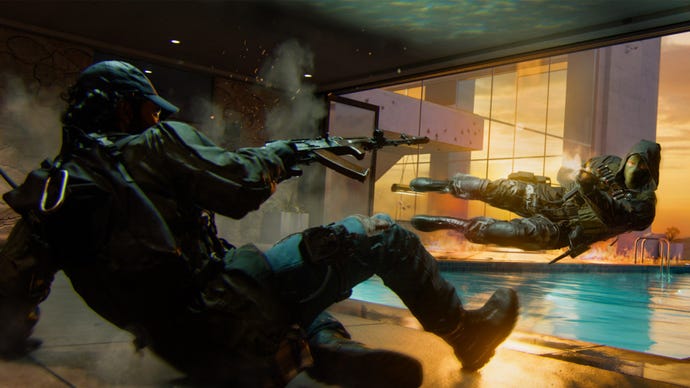 Quality assurance workers at Black Ops 6 co-developers Raven Software formed a union in 2022. | Image credit: Activision
Quality assurance workers at Black Ops 6 co-developers Raven Software formed a union in 2022. | Image credit: Activision
A good example, Mitchell says, is the monopolisation of cable in the US. “CWA had the experience of fighting back with the organised workers.” Similarly, they’ve watched the landscape go from cable to streaming, watched the internet flourish, and been the representative bodies of those workers. “This is such a huge piece of why CWA as an organisation so easily understand what's going on in tech and games, because the parallels are so similar.”
“The monopolisation of the games industry. AI impacting jobs. Automation. The creation of new technology also impacts telecommunications workers, customer service workers. So the people the CWA represent, that they have been representing, typically for decades and decades, are going through literally the exact same issues that we're going through. “
While it’s undoubtedly heartening whenever we get news of a studio unionising, it’s easy to feel distraught at the tide of less positive news coming out of the industry over the past few years. 2023 saw over 10,000 industry job losses, and that number sits over 12,000 for 2024 so far. I want the people who make the games I love to be happy, fulfilled, respected, and well compensated, so what can I - and we as players - do to help?
“Go follow these unions - their Twitters, their Instas, like whatever they have. Go to the CODE CWA website and sign up for the newsletters. Follow what workers are doing, because workers will give you direction on the help that they need. Listen to their stories. Share their stories. If there’s an online petition and you believe in the mission of the petition, please sign and share it with other people. Share the press releases.”
Also, says Mitchell, “unless you’re boycotting a company specifically for engaging in something unrelated to the way that they treat workers - if you're trying to support workers, you need to also support the directive of workers. Not buying games can actually negatively impact the fact that they put all this work into these games. Unless they tell you not to buy the game, you should probably be buying the games."
“Every single campaign is going to be a little bit different, right? It's made up of it's a group of people, and every workplace has its own unique culture to some degree. But the fundamentals of organising a union aren't necessarily different. The structure of what allows that to be successful might be different based on industry and might be different based on the type of campaign that you are trying to encourage.” But ultimately, says Mitchell, it’s about helping people come to the realisation that “Hey, actually, you don’t have to face this stuff alone. We are stronger together.”

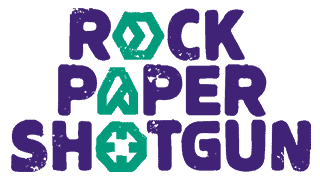 3 weeks ago
7
3 weeks ago
7



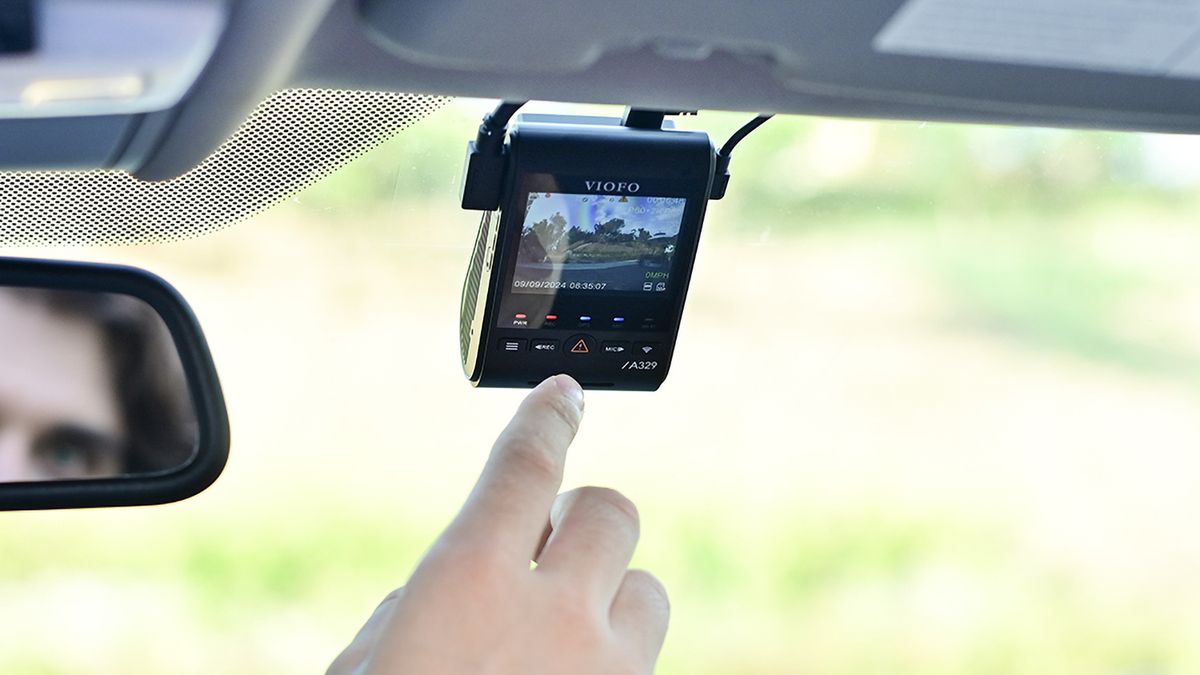


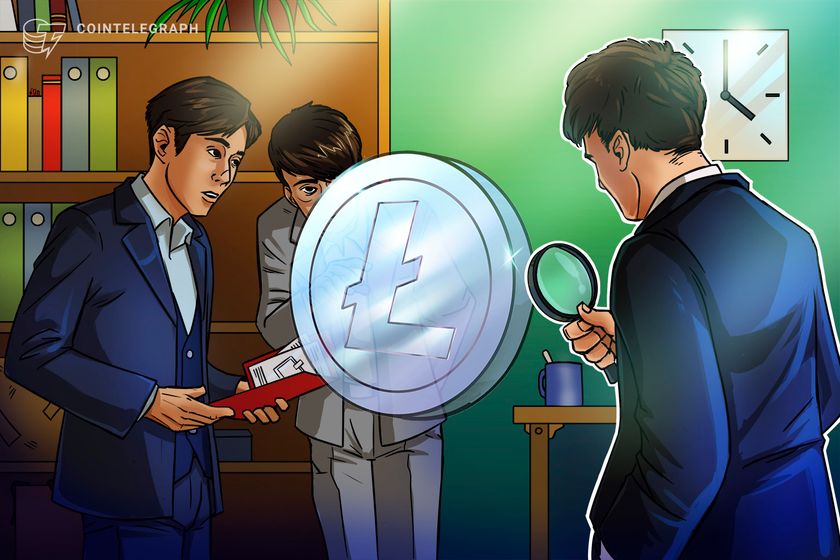

 English (US) ·
English (US) ·